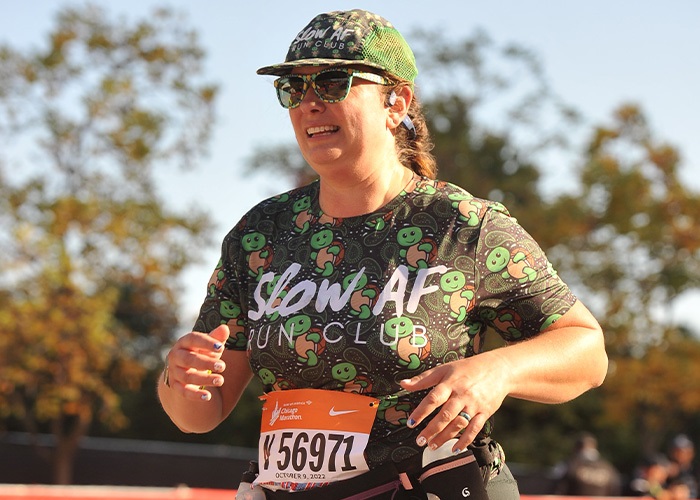How I Became the “Annoying Running Guy”
Last weekend, I completed my first 5K, marking the culmination of a years-long journey that began when I turned 30. Back then, a troubling blood pressure reading kicked me into action, shifting my focus from indulgent desires to the instincts of self-preservation. To live a long and healthy life, I knew I had to step out of my comfort zone—literally running through Prospect Park on a dreary morning, pushing my body through three 10-minute miles.
To my surprise, I actually enjoyed the experience far more than I anticipated. All the clichés about running turned out to be true. The euphoric sense of determination, transcending the aches and pains, is more exhilarating than any drug. The thrill of the starting line, the sweet pain after finishing, and the cheers from friends with Gatorade and a commemorative T-shirt—these moments are intoxicating. Now, I find myself craving more: a half-marathon, perhaps even the New York City Marathon, and, of course, endlessly sharing my running journey.

I’m becoming one of those “Annoying Running Guys”—a type I’ve long mocked. You know the type: those who post screenshots of their runs on Instagram, flaunt their high-tech gear, and drone on about their latest lap times as if they’re Olympians. The very people who, as a Reddit user once put it, are obsessed with discussing running incessantly. Now, I’m perilously close to joining their ranks.
Meg Takacs, a running coach and fitness writer, offers insight into why running can turn people into social nuisances. The obsession with fitness gadgets and apps like Garmin, Strava, and Nike Run Club, which feed us a constant stream of biometric data, fuels this fixation. The endorphin rush from these achievements drives runners to share their triumphs widely, often to the irritation of their less enthusiastic friends.
Takacs also notes that injuries can exacerbate this behavior. Runners, she says, love to discuss their ailments for sympathy and validation. I experienced this firsthand when my fiancée told me to stop talking about my knee injury incessantly.
Ultimately, the core issue is that training for races like marathons is incredibly demanding and consumes our thoughts. As longtime fitness blogger Hamilton Nolan explains, it’s crucial to view running as training for other goals, not an end in itself. Finding balance and keeping running discussions within appropriate circles can help maintain perspective.
Takacs advises embracing this phase of obsessive enthusiasm and not taking social reactions too personally. It’s a natural part of the process. As I prepare for my next race, I’ll likely continue to bore friends with talk of “negative splits” and training regimes. I’m evolving into the “Annoying Running Guy” I once despised, but strangely, I’ve rarely been happier.



